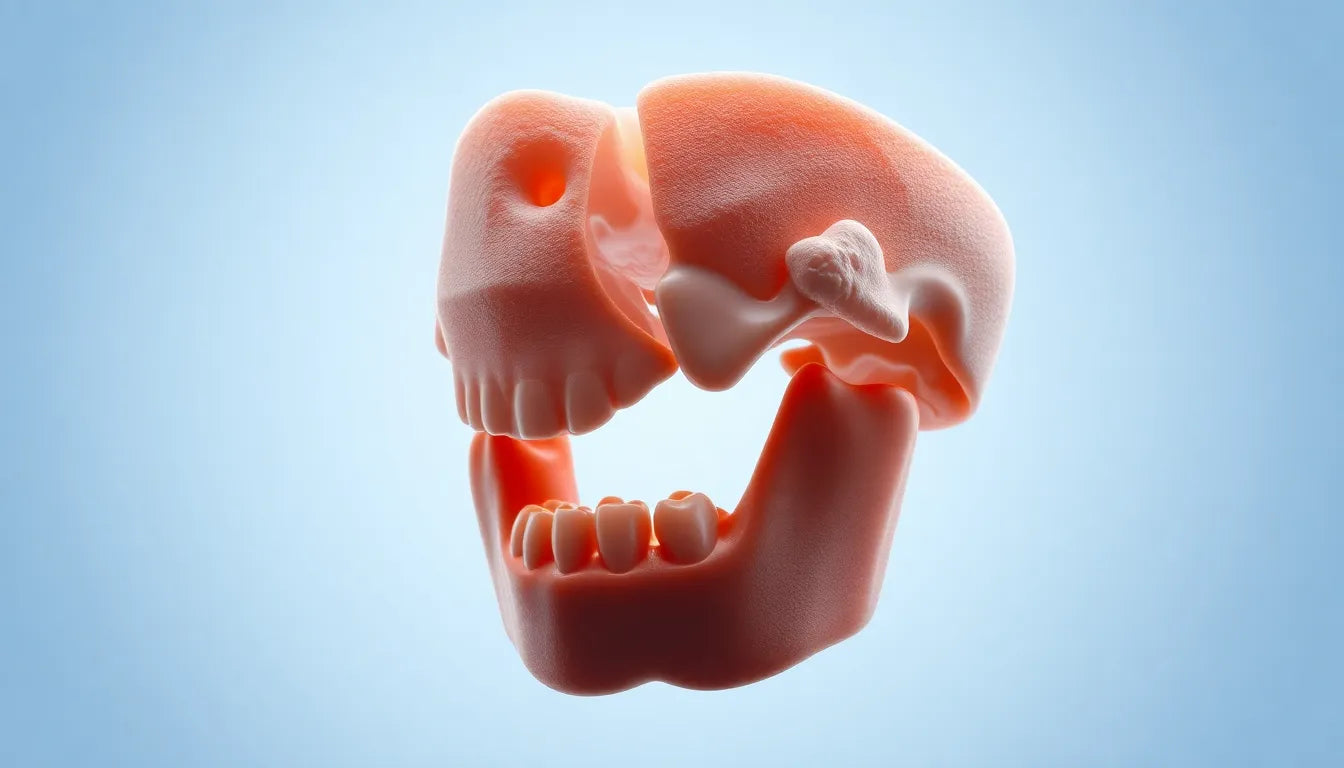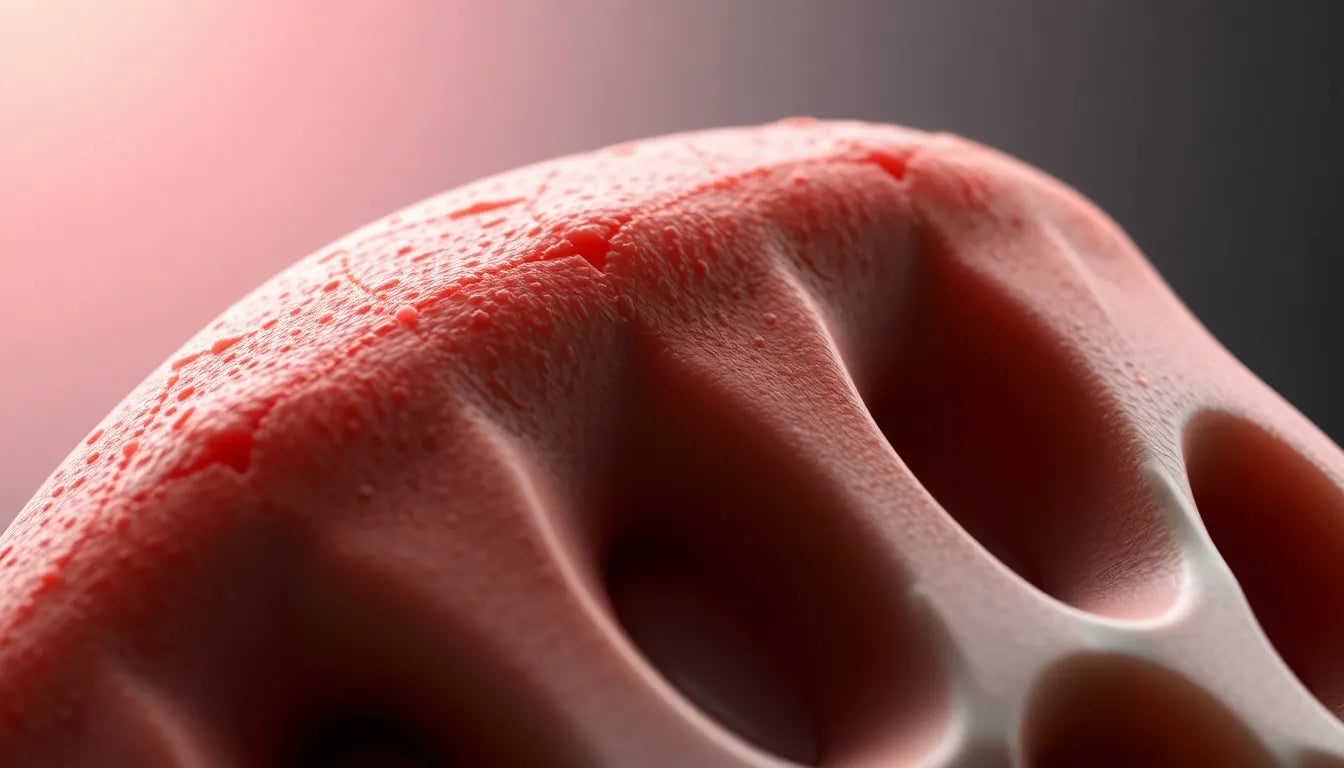In the realm of spinal health issues, herniated discs stand out as a prevalent and often debilitating condition. Affecting millions worldwide, these bulging discs can lead to severe pain, numbness, and a significant decrease in mobility, impacting daily activities and overall quality of life. As sufferers seek effective remedies, the spotlight often turns to various treatment options, including chiropractic care, as a potential avenue for relief.
chiropractic care: a non-invasive solution?
Chiropractic care has emerged as a popular non-invasive treatment option for many musculoskeletal conditions, including herniated discs. Known for its focus on spinal alignment and overall bodily function, chiropractic care offers a hands-on approach that emphasizes the body's ability to heal itself. But this raises a critical question: can chiropractors truly help with herniated discs, or is their role limited to providing temporary relief?
Understanding the potential of chiropractic care in addressing herniated discs involves exploring its methods and intended outcomes. Chiropractors typically employ spinal adjustments and manipulations designed to alleviate pressure on the nerves, reduce pain, and improve mobility. These techniques aim to enhance the body's natural healing processes, making chiropractic care an appealing option for those seeking alternatives to surgical interventions.
While anecdotal evidence and some studies suggest that chiropractic adjustments can offer significant pain relief and improved function for individuals with herniated discs, it's essential to consider the scope and limitations of this treatment. The primary goal of chiropractic care is symptom management, focusing on reducing discomfort and supporting mobility rather than curing the underlying disc pathology. This distinction is crucial for patients to understand as they weigh their treatment options.
The question of whether chiropractic care can fix a herniated disc remains a topic of debate. While chiropractors can provide valuable support in managing symptoms, the consensus among medical professionals is that chiropractic care should be part of a broader, multidisciplinary approach to treatment. This approach may include physical therapy, ergonomic adjustments, and medical evaluations, especially in cases where symptoms are severe or persistent.
As we delve deeper into the efficacy and outcomes of chiropractic care for herniated discs, it becomes clear that while it can play a role in alleviating symptoms, it is not a standalone solution. Patients are encouraged to approach chiropractic care as one component of a comprehensive treatment plan tailored to their specific needs and conditions.
exploring chiropractic efficacy and outcomes for herniated discs
Chiropractic care has garnered attention for its potential to alleviate symptoms associated with herniated discs. Various studies and patient experiences suggest that chiropractic interventions can offer significant relief from pain and improve functional outcomes. For instance, a study conducted by Waldron Chiropractic demonstrated that 88% of patients with lumbar disc herniations reported improvement after one year of chiropractic care. This finding underscores the potential of chiropractic adjustments to enhance patient quality of life by reducing discomfort and increasing mobility.
Further supporting these findings, a Swiss research study compared the effectiveness of chiropractic care to epidural injections for pain reduction. The results indicated that chiropractic care was more effective, with 76% of patients experiencing pain reduction compared to 63% who received epidural injections. These studies highlight the potential of chiropractic care as a viable non-invasive treatment option for managing herniated disc symptoms.
However, it is crucial to recognize the limitations of chiropractic care. While adjustments can significantly alleviate symptoms, they primarily focus on symptom management rather than addressing the root cause of the herniated disc. Chiropractic care does not "fix" or cure the disc pathology itself, which means that it should be considered as part of a broader treatment strategy.
critical and cautionary perspectives on chiropractic care
Despite the positive outcomes reported by some studies, there are critical perspectives that highlight potential risks and limitations of chiropractic care for herniated discs. The Deuk Spine Institute, for example, cautions that chiropractic adjustments may not address the actual pathology of herniated discs. They emphasize that while some patients may experience temporary relief, chiropractic manipulations do not heal or fix the underlying disc condition. Additionally, there are risks involved, including the potential worsening of herniation or, in rare cases, serious complications.
Balanced viewpoints from reputable sources like the Mayo Clinic and Verywell Health reinforce the notion that while chiropractic care can ease symptoms, it does not treat the underlying cause of the herniated disc. In cases where symptoms are severe or progressive, surgery or other medical interventions may be necessary. These perspectives highlight the importance of a comprehensive evaluation and treatment plan tailored to the individual needs of patients with herniated discs.
In summary, while chiropractic care can play a valuable role in managing symptoms associated with herniated discs, it is not a standalone solution. Patients should approach chiropractic care as one component of a multidisciplinary approach that may include physical therapy, ergonomic adjustments, and medical evaluations. Understanding both the benefits and limitations of chiropractic care is essential for making informed decisions about treatment options.
Integrating chiropractic care into a comprehensive treatment plan
Chiropractic care can be a valuable component of a comprehensive treatment strategy for managing herniated disc symptoms. While chiropractic adjustments focus on alleviating pain and enhancing mobility, they should ideally be part of a broader, multidisciplinary approach. This approach may include physical therapy exercises tailored to strengthen the muscles supporting the spine, ergonomic adjustments to improve posture and reduce strain, and regular medical evaluations to monitor the condition's progression.
It is crucial for patients to understand that chiropractic care is most effective when integrated with other therapeutic interventions. For instance, incorporating specific exercises to improve core stability can complement chiropractic adjustments, enhancing overall spinal health. Additionally, ergonomic modifications, such as adjusting workstation setups, can help prevent further stress on the spine, reducing the likelihood of exacerbating the herniation.
Patients with severe or persistent symptoms should seek a thorough medical evaluation to determine the most appropriate treatment plan. In some cases, more invasive procedures, such as surgery, may be necessary to address the underlying disc pathology. Therefore, a collaborative approach involving healthcare providers across different specialties is essential to ensure optimal patient outcomes.
Addressing common misconceptions about chiropractic care
One common misconception about chiropractic care is that it can "fix" a herniated disc. While chiropractic adjustments can provide significant pain relief and improve mobility, they do not cure the underlying disc pathology. Understanding this distinction is vital for patients considering chiropractic care as part of their treatment plan.
Chiropractic care focuses on symptom management, aiming to reduce discomfort and support the body's natural healing processes. However, it is not a standalone solution for herniated discs. Patients should be aware of the benefits and limitations of chiropractic care, recognizing that it is most effective when combined with other therapeutic interventions.
Frequently asked questions
Can a chiropractor make a herniated disc worse?
While chiropractic care is generally safe, there is a potential risk of worsening a herniated disc if not performed correctly. It is crucial to choose a qualified and experienced chiropractor who can assess your condition and tailor the treatment accordingly. Patients should always communicate any discomfort or changes in symptoms to their chiropractor.
Is chiropractic care safe for all herniated disc patients?
Chiropractic care may not be suitable for everyone, particularly for patients with severe symptoms or certain medical conditions. It is essential to undergo a thorough medical evaluation to determine if chiropractic care is appropriate for your specific situation. In some cases, alternative treatments may be recommended.
How long does it take to see results from chiropractic care for herniated discs?
The timeline for experiencing results from chiropractic care can vary depending on the severity of the herniation and the individual's response to treatment. Some patients may notice improvements after a few sessions, while others may require several weeks of consistent care. Regular follow-ups with your chiropractor can help track progress and adjust the treatment plan as needed.
Should chiropractic care be the first line of treatment for herniated discs?
Chiropractic care can be an effective component of a treatment plan, but it should not be the sole approach, especially for severe cases. It is advisable to consult with healthcare professionals to develop a comprehensive treatment strategy that includes chiropractic care alongside other therapies, such as physical therapy and medical evaluations.
What other treatments can complement chiropractic care for herniated discs?
Complementary treatments for herniated discs may include physical therapy exercises, ergonomic adjustments, pain management strategies, and, in some cases, surgical interventions. A multidisciplinary approach that combines these therapies can provide a more holistic solution for managing herniated disc symptoms.
Sources
- Accident Care Chiropractic (2022). "5 Benefits of Seeking Chiropractic Care for Herniated Disc Pain."
- Deuk Spine Institute (2025). "Herniated Disc Chiropractor: Downsides And Alternatives."
- Mayo Clinic (2024). "Chiropractic Adjustment."
- Verywell Health (2022). "Chiropractic vs. Surgery for Herniated Disc."
- Waldron Chiropractic. "Study Confirms Chiropractic is Effective for Herniated Disc."
- Osteomed Chiro (2022). "Chiropractic Effective and Cheaper than Epidural for Herniated Disc."
- WNY Back Pain (2025). "Disc Herniation and Chiropractic."


















